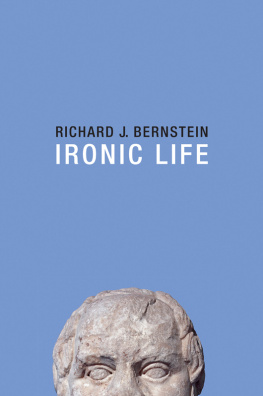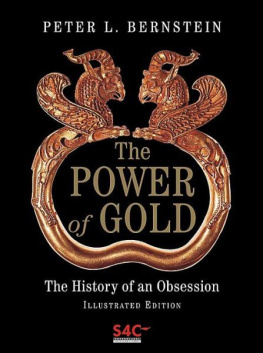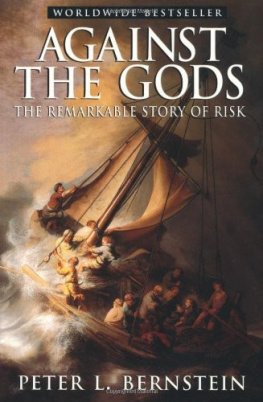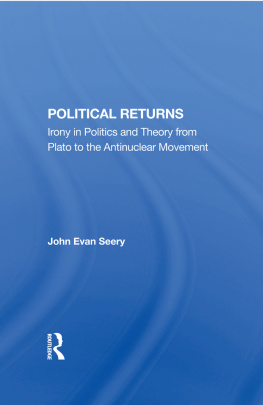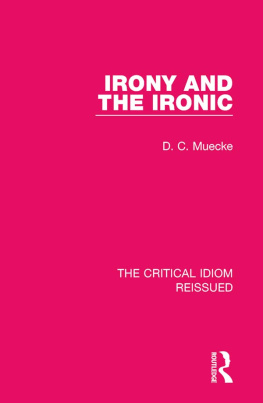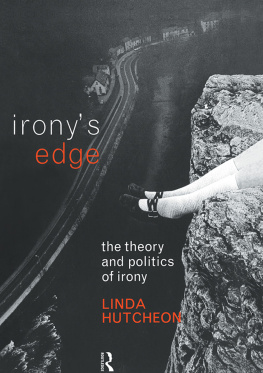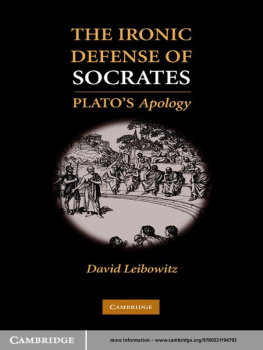
Copyright page
Copyright Richard J. Bernstein 2016
The right of Richard J. Bernstein to be identified as Author of this Work has been asserted in accordance with the UK Copyright, Designs and Patents Act 1988.
First published in 2016 by Polity Press
Polity Press
65 Bridge Street
Cambridge CB2 1UR, UK
Polity Press
350 Main Street
Malden, MA 02148, USA
All rights reserved. Except for the quotation of short passages for the purpose of criticism and review, no part of this publication may be reproduced, stored in a retrieval system, or transmitted, in any form or by any means, electronic, mechanical, photocopying, recording or otherwise, without the prior permission of the publisher.
ISBN-13: 978-1-5095-0572-2
ISBN-13: 978-1-5095-0573-9(pb)
A catalogue record for this book is available from the British Library.
Library of Congress Cataloging-in-Publication Data
Names: Bernstein, Richard J., author.
Title: Ironic life / Richard J. Bernstein.
Description: Malden, MA : Polity Press, 2016. | Includes bibliographical references and index.
Identifiers: LCCN 2015037540| ISBN 9781509505722 (hardback : alk. paper) | ISBN 9781509505739 (pbk. : alk. paper)
Subjects: LCSH: Irony.
Classification: LCC BH301.I7 B47 2016 | DDC 128dc23 LC record available at http://lccn.loc.gov/2015037540
Typeset in 11 on 12.5 pt BaskervilleNo2BT Roman
by Toppan Best-set Premedia Limited
Printed and bound in the UK by Clays Ltd, St Ives PLC
The publisher has used its best endeavours to ensure that the URLs for external websites referred to in this book are correct and active at the time of going to press. However, the publisher has no responsibility for the websites and can make no guarantee that a site will remain live or that the content is or will remain appropriate.
Every effort has been made to trace all copyright holders, but if any have been inadvertently overlooked the publisher will be pleased to include any necessary credits in any subsequent reprint or edition.
For further information on Polity, visit our website:
politybooks.com
Acknowledgments
I want to thank my research assistant, Caecilie Varslev-Pedersen, for her meticulous assistance in preparing this book and checking the accuracy of my quotations. I also want to thank Jean van Altena. She is a superb copy editor with an exquisite sense of detail and style. And finally I want to acknowledge John Thompson, the editor of Polity, for his constant enthusiastic encouragement.
Introduction
And by now irony' has been used for pretty much everything: so declares Jonathan Lear in his book A Case for Irony (Lear 2011: 180, n. 12). From a very different perspective, Paul de Man, in his influential article The Concept of Irony, begins by saying that it seems to be impossible to get hold of a definition of irony (de Man 1996: 164). Ironically (we may be tempted to say), given the title of his essay, de Man informs us that irony is not a concept; consequently, it is impossible to give a stable definition of irony. Why are there these doubts about irony? If we dip into the voluminous literature that addresses irony in philosophy, rhetoric, literary theory, and cultural studies, we confront what appears to be a bottomless abyss of different, conflicting, even contradictory meanings and uses of irony.
Of course, there have been bold attempts to bring some order to this apparent chaos and to provide overviews of the different meanings, contexts, and historical uses of irony. These surveys can be useful in getting a sense of the vast terrain of ironology. Consider such standards works as D. C. Muecke's The Compass of Irony, Cleanth Brooks' The Well Wrought Urn, Wayne C. Booth's A Rhetoric of Irony, Northrop Frye's Anatomy of Criticism, or a more recent overview, Kevin Newmark's Irony on Occasion: From Schlegel and Kierkegaard to Derrida and de Man. These studies are useful for specific purposes. But, except for some occasional points of overlap, one's dominant impression is that these authors are talking about different subjects. Their senses of what is relevant in trying to get a grip on irony differ radically. Some authors distinguish among different types of irony such as verbal, dramatic, tragic, comic, and rhetorical irony. Some insist that there are sharp differences between irony and humor. But here again, there doesn't seem to be any agreement about such classifications or whether they obscure more than they illuminate.
Our perplexity about irony is increased when we consider it from still another perspective. Our word irony (and its equivalent in many European languages) is derived from the Latin ironia, an expression that plays a prominent role in Roman thinkers such as Cicero and Quintilian. The Latin word ironia is the standard translation of the Greek word eirneia. (Later we will consider the problematic relation of ironia and eirneia.) Quintilian, in early Roman times, provides a definition of ironia that has enjoyed a remarkable stability through the ages. He defines irony as that figure of speech or trope in which something contrary to what is said is to be understood. This formula has persisted. If you consult any contemporary dictionary, Quintilian's definition (or something very much like it) is listed as a standard meaning of irony. Furthermore, whatever difficulties there may be in defining irony, it is a word that we use all the time in everyday life and, frequently, there isn't much difficulty in grasping how the word is being used. So we are confronted with the perplexity that although irony appears to have a relatively stable use when we examine the literature in different disciplines that deals with theoretical attempts to characterize irony and its varieties, we are faced with a chaotic babel of voices clamoring for our attention. Irony, as Lear writes, does seem to be used for pretty much everything, and yet, at the same time, there appears to be some stability to the everyday meanings and uses of irony. Of course, it is frequently difficult to decide whether a speech act or figure of speech in a written text is (or isn't) ironic. Some of the fiercest debates in the humanistic disciplines concern what is truly ironic and what is really intended to be ironic. This problem becomes exacerbated when we are dealing with written texts.
These preliminary remarks are intended to set the context for my own discussion of irony. A great variety of approaches to irony are viable. I admire those who have the intellectual courage and audacity to present an overview of the different approaches to irony and to explore the long history of the discussions of irony. But sometimes, something else is needed. Rather than trying to cover the territory or do justice to different approaches, it is desirable to probe in depth one vein, one line of inquiry. That is what I am doing in this study. I am acutely aware that, in doing so, I am ignoring historical periods, problematic issues, and even thinkers whom others take to be the heart of the matter. Before explaining the line of inquiry that I pursue, I want to contrast it with a different approach to the topic.
In the twentieth century, the dominant approaches to irony have been taken from the perspective of literary studies and rhetoric. When Wayne Booth published A Rhetoric of Irony
Next page
